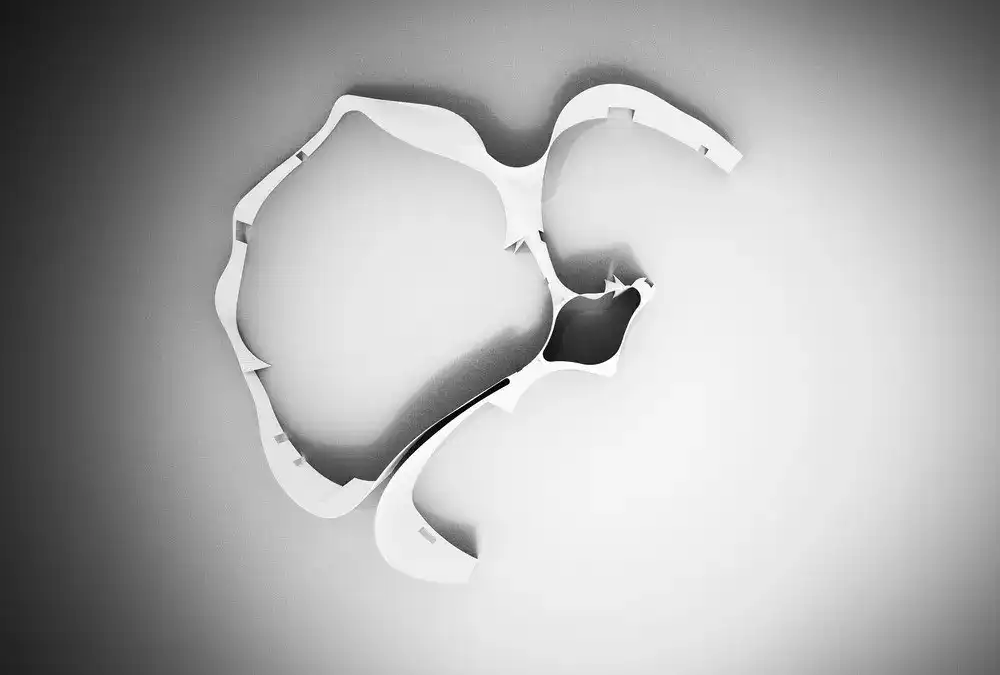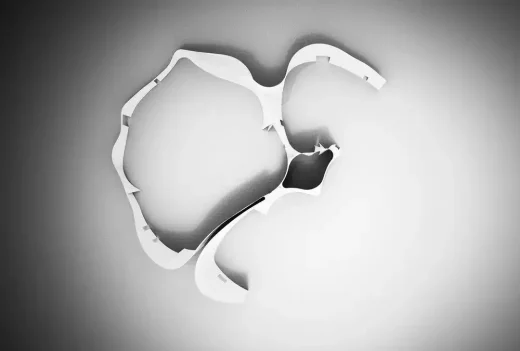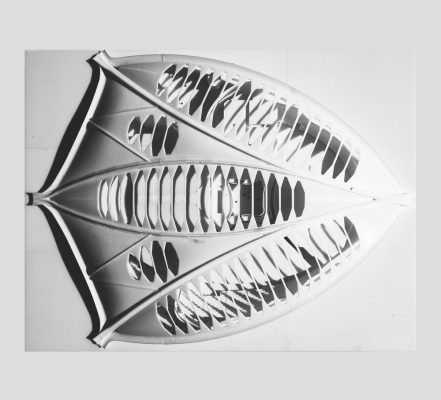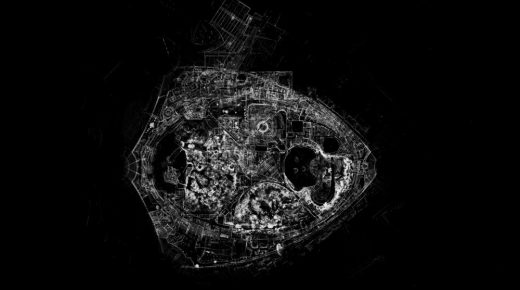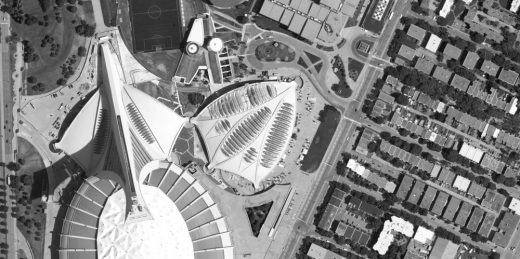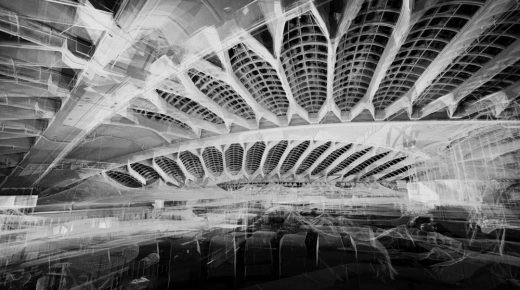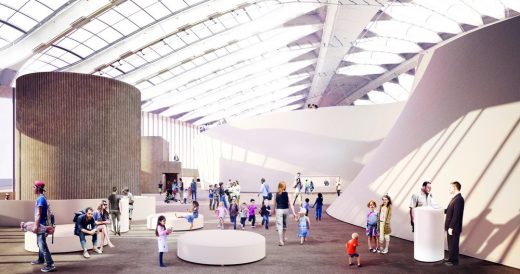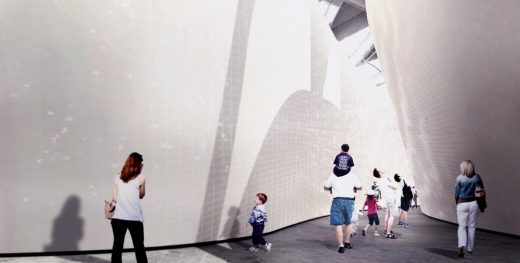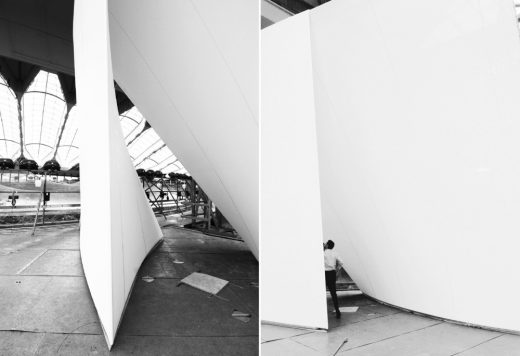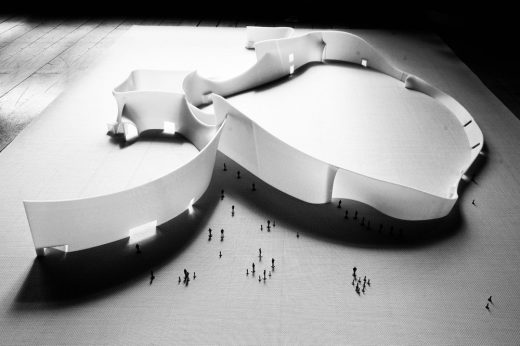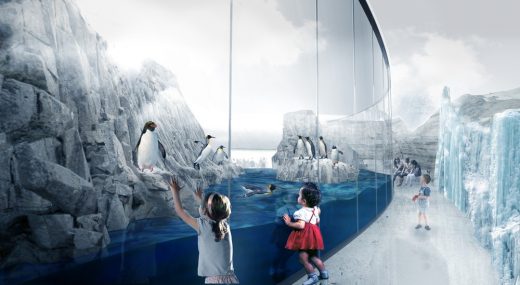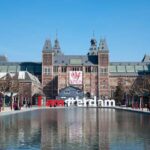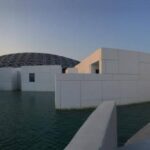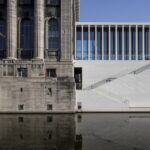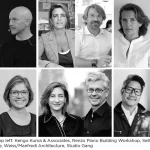Biodome Science Museum Montréal building development, Quebec architecture images
Biodome Science Museum in Montréal
Exhibition Space Canada design by KANVA in collaboration with NEUF architect(e)s
Design: KANVA in collaboration with NEUF architect(e)s
Location: Montréal, Canada
Montreal Biodome Science Museum Renewal
2 Aug 2016
Biodome Science Museum
The Biodome, originally built as a velodrome for the 1976 Olympic Games, and converted into a natural science museum in 1992, launched an international competition in 2014 to revitalize its visitors’ experiences as part of a city-wide renewal plan to celebrate Montreal’s 375th birthday. The winning entry convinced the client and international jury to rethink the relationship between mankind and nature as well as use the renovation to bolster the centre’s social mission to educate the public.
The Biodome is an integral member of Space for Life, a series of museum pavillons that showcase to the public natural sciences, including an insectarium, a botanical garden and a planetarium, which are all located within the Olympic Park in the East side of Montreal. Each year Space for life receives over 1.7 million visitors including many tourists, educational camps and schools, making it one of Canada’s most important museum complexes.
The Biodome is comprised of four ecosystems of the Americas, each a microcosm of living organisms; the Tropical Rainforest, the Laurentian Maple Forest, the Gulf of St Lawrence, and the Sub-Polar Regions (Arctic and Antarctic) host over 4,500 animals from 250 different species and 500 plant species.
The overall revitalization strategy is one of insertion within a living organism; a continuous curved wall fluidly wraps each ecosystem like a skin, acting as both container and contained. Drawing upon the Biodome’s history of movement, the floor to ceiling wall sweeps through the interior space, serving as a canvas that accompanies visitors through the many pathways and the new central hub.
Pure, both in its form and colour, the white skin isolates the ecosystems to allow a better understanding of the site, contrasting with the robust concrete architecture of the velodrome, and becoming a neutral, yet bold intermediary between two important elements – building and ecosystem. The skin guides the visitors through their journey and invites introspection before and in between visits to the sensory-stimulating ecosystems.
The new conceptual strategy creates more immersive and intimate experiences within the ecosystems, between human and nature to educate and bring more awareness to visitors during their journey. The plan also reorganizes many of the public, extra-ecosystem spaces on the main floor to liberate the grand hall and open up a new central hub to the ceiling.
Making use of the Biodome’s height, a new mezzanine is added above the re-designed Sub-Polar ecosystem, framing more intimately the impressive ceiling structure and offering other vantage points and immersive experiences for visitors and staff. New passages from two of the ecosystems service this mezzanine, and offer visitors a more diversified trajectory and additional points of rest through their educational journey.
This skin is physically expressed through a textile that can curve and take on many forms, preventing unnecessary demolition of already existing infrastructure and fragile ecosystems. Its flexibility also allows it to occupy residual and unusual spaces to ultimately unite the eclectic peripheries of each environment and redirect the focus and experience of the users.
The scheme offers a comprehensive and multi-disciplinary approach that both enhances the existing heritage building as well as expands the programmatic functions of the building to link biodiversity and humanity.
Design Process and Project Commissioning
With the objective of attaining quality innovative architecture, Space for Life, the City of Montreal and Design Montreal, a municipal design quality advocacy organization, followed up on the two-phased international competition with the implementation of an integrated design process that included all stakeholders in a series of creative workshops that ultimately served as a catalyst for the design team.
Design Montreal implemented a design review panel of experts comprised of selected members of the competition jury and lead by long-term advocate for design excellence Denis Lemieux. This panel met with the design team on a periodic basis throughout the project development phase and contributed a great deal in the materialization of the winning competition proposal into a tangible project, consistent with the competition intention yet anchored in ever-evolving concrete project considerations.
The Montreal Biodome is scheduled to close in September 2016 for the construction process, only to reopen with a renewed experience that brings mankind closer to nature. This iconic project is a bequest from the City of Montreal to its citizens as part of the city’s 375th birthday.
About KANVA
KANVA’s work elicits an experience, a memory, a reaction., KANVA is the Montreal multidisciplinary collective led by Tudor Radulescu (OAQ LEED PA MRAIC) and Rami Bebawi (OAQ MRAIC RBQ whose work is at the forefront of thinking, imagining, drawing and constructing. Its big ideas, gestures and approach to contemporary issues have gained local, national and international attention.
With over ten years of experience designing a range of project types, including student housing, large-scale public art installations, mixed-use buildings, corporate and public spaces, KANVA treats each project as an opportunity to transform the built environment through story-telling. Recipients of numerous awards and recognitions, its team consistently demonstrates architecture’s transformative power through a range of disciplines and scales, from the ephemeral to the institutional.
About NEUF architect(e)s
With over 100 employees in Montreal and Ottawa, NEUF architect(e)s is one of the most important architecture and design firms in Canada serving private enterprise, and is behind several recognized landmarks, such as the new CHUM, the CBC Headquarters in Ottawa, and the Bombardier facilities in Dorval and Mirabel. Active in all sectors – strategic planning, urban design, resorts and hotels, residential, commercial, industrial, office buildings and interiors – its expertise and adaptability having allowed it to export its services to the US, Europe, and Asia.
Montreal Biodome Science Museum Renewal Projet Awards / Recognition
2015 Canadian Architect – Award of Excellence
2016 World Architecture Festival (WAF) – Finalist / Future projects – Culture category
KANVA and NEUF architect(e)s are the only two firms from Quebec that will be competing as finalists at the World Architecture Festival in Berlin in November 2016.
Biodome Science Museum – Building Information
Client: Space for Life (City of Montreal)
Competition organizer: Design Montreal
Architects: KANVA – concept and architect of record
NEUF architect(e)s – collaborating architect
Mechanical/Electrical engineers: Bouthillette Parizeau
Structural engineers: NCK
Museology: Nathalie Matte
Scenography: KANVA and Anick La Bissonnière
Signage / Branding: Bruce Mau Design
Lighting Consultant: Light Factor
Code / Cost consultant: GLT+
Specifications: Atelier 6
Surveyor + 3D Scanning: Topo 3D
Biodome Science Museum in Montréal images / information received 020816
Les architectes FABG on e-architect
Location: Montréal, Quebec, Canada
Montréal Architecture Developments
Contemporary Montréal Buildings
Montreal Architecture Designs – chronological list
Montreal Architectural Tours – Quebec architectural tours by e-architect
Hôpital Vétérinaire du Parc
Architects: TBA / Thomas Balaban Architecte
Hôpital Vétérinaire du Parc
Hôtel Monville
Architects: ACDF Architecture
Hôtel Monville
Canadian Architectural Designs
Canadian Building Designs – architectural selection below:
Comments / photos for the Biodome Science Museum in Montréal page welcome
Website: NEUF architect(e)s

